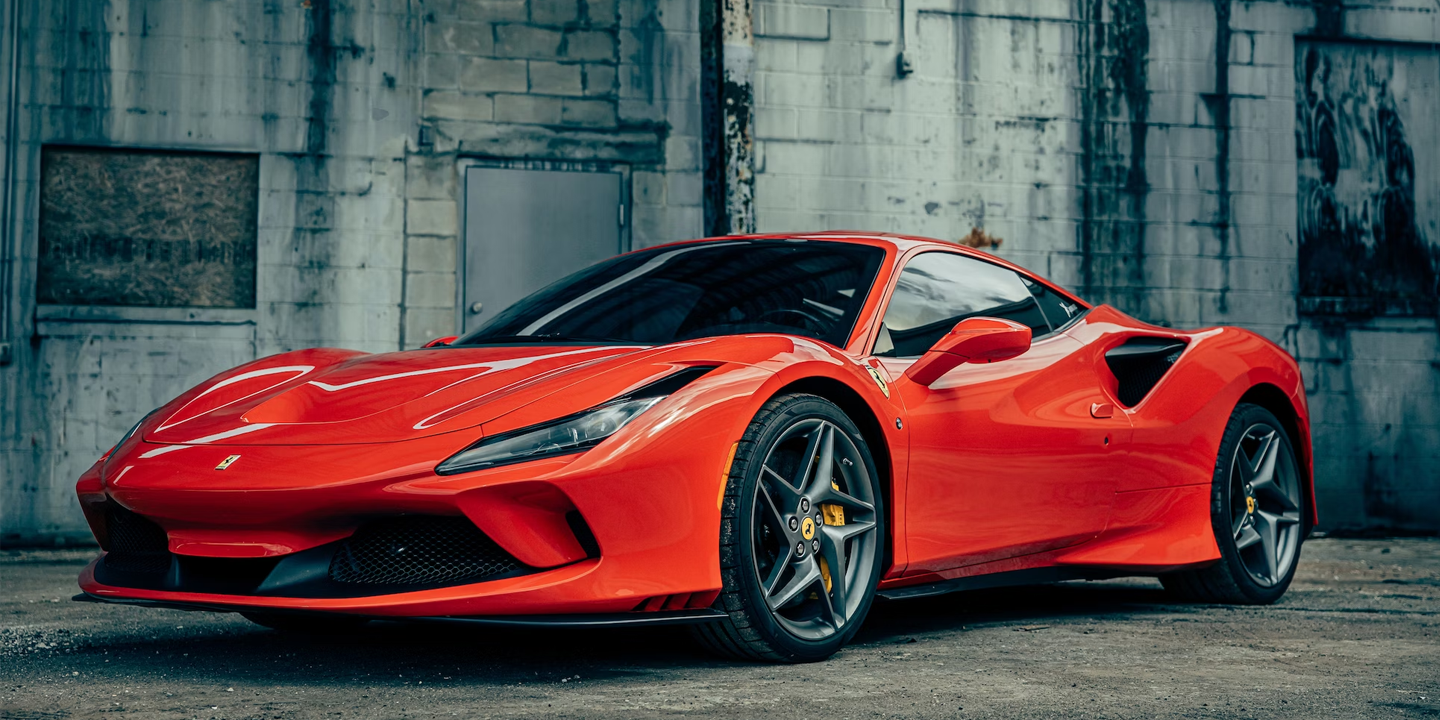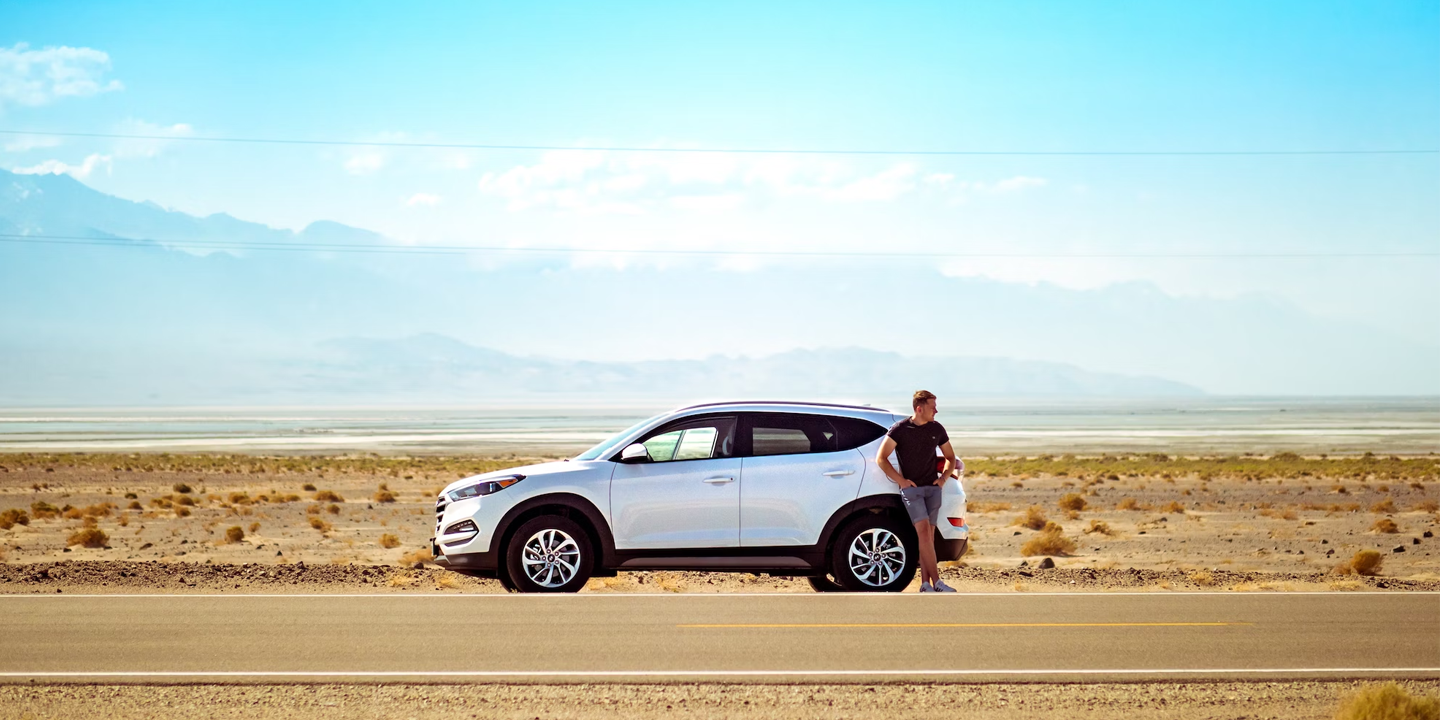In the 1980s, it was unimagined that there would be three leading German cars on the market. Mercedes was the long-standing champ and, BMW was on the horizon as the worthy competitor for the up-and-coming buyer. Audi was the less known choice out of the three and spoke to the consumer who wanted to make an informed choice out of the left field. Here is a look at where these luxury automobiles stand in the modern-day market.
The Audi
On the sporty versions, Audi's lack handling dynamics, in comparison to BMW's and, also depreciate at a faster rate. Although, R8 models are known for better handling. Audi continues to draw car lovers in with its beautiful interiors and, for many, it's an upscale Volkswagen. These cars are more cost-efficient when it comes to remodelling and the image advantage of four rings over the roundel and three-point star.
The BMW
At one point, BMWs were the king of the castle and, many would still consider them the top-notch luxury ride. They have incredible steering, handling and refinement capabilities especially, in several of the 3 to 5 series models. Despite the frat boy, college user image, any car enthusiast will tell you that back in the day, BMWs rode a lot smoother than any older Audi or Mercedes but are now on the decline. The new F30 3 Series doesn't hold up against the older E90 and 328i's turbocharged inline.
The Mercedes Benz
The Benz has stayed true to its brand as the epitome of luxury cars with meticulously engineered builds. Mercedes have had a few bumps along the road as the noted rusting issues but manage to grow their lineup throughout the years. Today, Mercedes has carefully models to compete with Audi on most fronts such as with the CLA-class. The cheapest Benz on the market doesn't feel like a Mercedes whereas, the affordable Audi A3 is nice and has the feel of an Audi.











